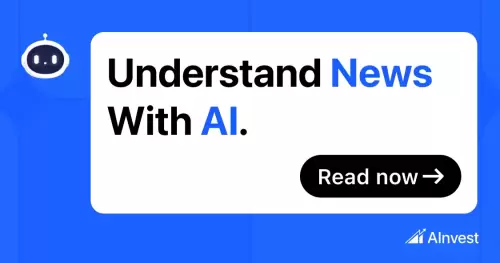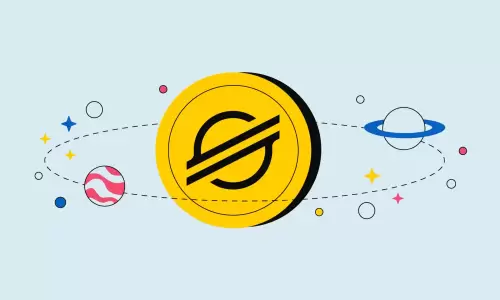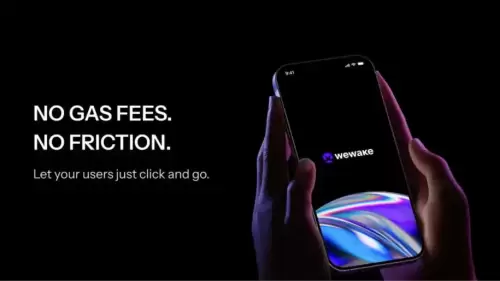
Centralized AI models are fundamentally incompatible with the principles of an open internet. These models are closed, controlled by a handful of companies, and trained on proprietary data behind opaque infrastructure. You don’t know how they were built, how they behave, or whether they’re being shaped to serve corporate interests, political ideologies, or even the strategic aims of nation-states. That makes them unfit to serve as core infrastructure for the next generation of applications. Decentralized AI flips the model: it’s open-source, community-owned, privacy-preserving, and governed by users instead of platforms. If AI is going to be as foundational as we think, it has to be accountable.
Many so-called “decentralized” AI projects still rely on centralized APIs, closed-source models, or cloud infrastructure that can be censored or surveilled. Kava AI is blockchain-native and purpose-built for Web3 execution. We run inference on decentralized networks like Akash, support open-weight models, and execute smart contracts directly from natural language. More importantly, we’re governed by a DAO and committed to transparency from top to bottom—code, models, infrastructure, and roadmap.
Today, users are turning to Kava AI for early-stage automation of basic on-chain tasks. It’s helping bridge assets, check wallet balances, and execute simple token transfers using natural language. While more advanced strategy execution is on the roadmap for later this year, the current utility lies in eliminating friction from everyday blockchain interactions. The system already connects directly to wallets and smart contracts, allowing users to take action—not just get information—with a single prompt. That’s where the groundwork is being laid for what comes next.
It confirms that people want more than speculation or hype. They want usable tools that are private, performant, and trustworthy. And they want to move beyond ChatGPT-style novelty into real utility. Hitting 100,000 users this early—without token incentives—signals that there’s a real appetite for decentralized intelligence.
Right now, DeFi is powerful but inaccessible. It’s dominated by insiders who understand the tools, the risks, and the workflows. AI is changing that. Soon, you won’t need to understand what a liquidity pool is to earn yield. You’ll just say, “Find me the best return,” and the agent will execute across chains, protocols, and contracts in real time. AI is going to flatten the learning curve and expand the user base.
That it’s a nice-to-have. Or that it’s just about open models. In reality, it’s the only viable way to align artificial intelligence with user interests long term. Centralized AI will always reflect the priorities of whoever controls the weights. That might be a boardroom, a nation-state, or a revenue model—but it won’t be you. Decentralized AI is about flipping the power dynamic.
We’re seeing traction with crypto traders, DAO treasurers, NFT projects, and even independent devs building tools on top of our platform. But the long-term opportunity is far broader—from finance to gaming to governance. Any system that requires real-time reasoning, trustless execution, and privacy stands to benefit.
Because intelligence is power. The party that controls how an AI learns, updates, or makes decisions ultimately controls the outcomes it enables. With open governance, you’re embedding the values of the community into the development of the system itself. It’s not just transparency for transparency’s sake—it’s about preventing capture.
We believe the future of AI doesn’t stop with chatbots or apps—it’s in autonomous systems that act on your behalf, 24/7, across the Web3 stack. The endgame is invisible AI: protocols that handle complexity, optimize outcomes, and interact with smart contracts seamlessly behind the scenes. Users won’t need to see the AI. They’ll just feel the impact. And when it works right, that impact will be trustworthy, verifiable, and sovereign by design.













































































